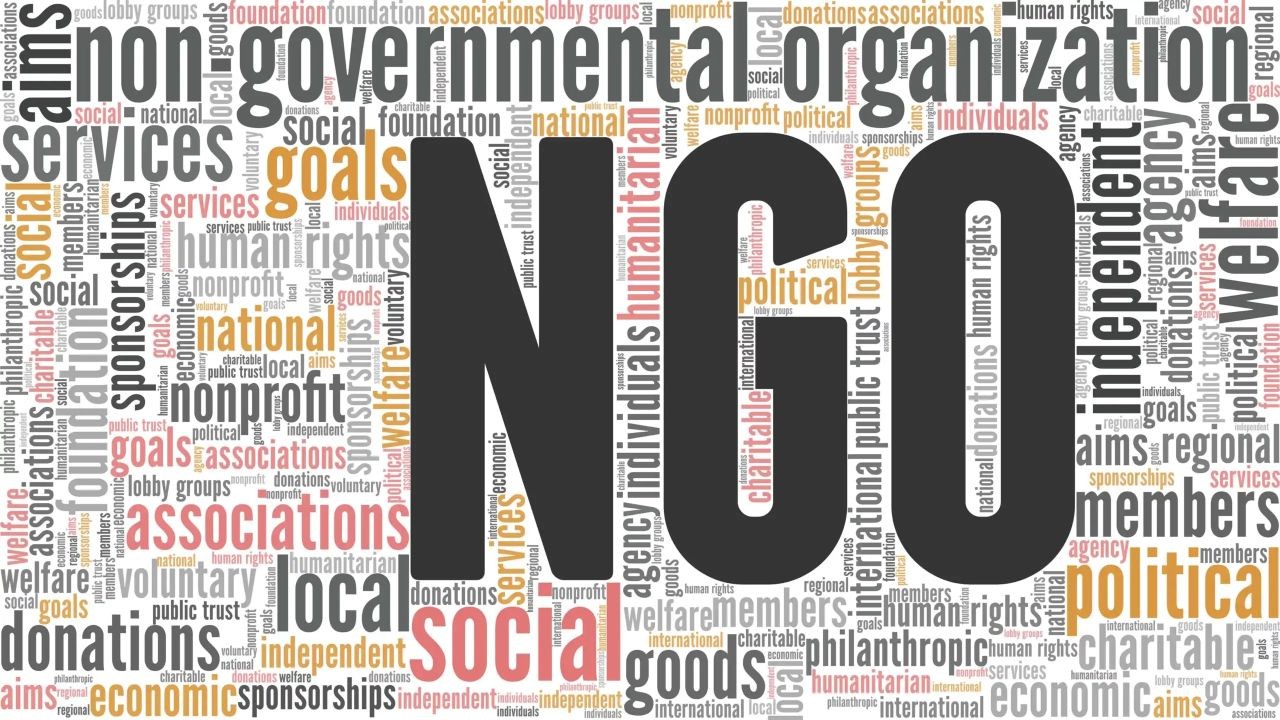Millennials, born between 1981 and 1996, have been labeled as the financially struggling generation globally, but is this true for Australian Millennials as well? Let's delve into the socio-economic landscape of Australia to understand the unique challenges and opportunities faced by this cohort, using data-driven insights and expert opinions.
The Economic Context: Australia’s Financial Landscape for Millennials
To appreciate the financial challenges facing Australian Millennials, we must first consider the broader economic framework. The Reserve Bank of Australia (RBA) has observed that wage growth in Australia has stagnated, with a mere increase of 1.8% in the past year, while the cost of living continues to surge. Housing prices, a significant concern for Millennials, have risen by 8% annually (Source: CoreLogic, 2023), exacerbating affordability issues. These factors form a backdrop against which Millennials must navigate their financial futures.
Case Study: The Housing Dilemma
Consider Sarah, a 29-year-old professional in Sydney. Despite earning a comfortable salary, Sarah struggles to save for a house deposit. In 2023, the average house price in Sydney exceeded AUD 1.3 million, and with a savings rate of 10%, it would take Sarah over a decade to accumulate a 20% deposit. Her story is not unique. Data from the Australian Bureau of Statistics (ABS) indicates that homeownership among Millennials has declined by 10% over the last two decades, primarily due to prohibitive costs.
Challenges Faced by Aussie Millennials
- High Cost of Living: Australian cities rank among the most expensive globally. This cost impacts Millennials' ability to save and invest.
- Student Debt: Higher education is often funded by HECS-HELP loans, leading to significant debt burdens early in their careers.
- Job Market Volatility: The gig economy offers flexibility but lacks stability and benefits, making financial planning challenging.
How the Gig Economy Impacts Financial Stability
The gig economy in Australia has grown by 15% in the last five years (Source: RBA). While it offers flexibility, it lacks the stability of traditional employment. A survey by the Australian Council of Trade Unions (ACTU) found that 42% of gig workers struggle with financial security, a higher percentage than those in permanent roles.
Pros vs. Cons of the Current Economic Environment
Pros:
- Diverse Opportunities: The gig economy allows Millennials to explore multiple income streams.
- Technological Integration: Access to digital platforms enables easier financial management and investment opportunities.
- Government Initiatives: Programs like the First Home Super Saver Scheme provide some relief for home buyers.
Cons:
- Financial Instability: Irregular income from gig work can hinder consistent savings.
- High Living Costs: Urban living expenses continue to rise, outpacing wage growth.
- Debt Accumulation: Student loans and credit card debt burden Millennials early in their careers.
Regulatory Insights: A Helping Hand from Policies
The Australian Competition & Consumer Commission (ACCC) has been actively monitoring the housing and rental markets to curb unfair practices. Meanwhile, the Australian Prudential Regulation Authority (APRA) is working to ensure that superannuation funds offer competitive returns, helping Millennials secure better retirement outcomes.
How It Works: Breaking Down Financial Struggles
Financial struggles among Millennials can often be attributed to a combination of personal choices and systemic issues. The lack of financial literacy is a significant barrier. For instance, ASIC's 2023 report highlights that only 50% of Millennials feel confident managing their finances. This lack of confidence often leads to poor financial decisions, such as excessive reliance on credit.
Myth vs. Reality: Common Misconceptions
Myth: "Millennials are financially irresponsible."
Reality: Research from the RBA shows that Millennials are actually saving more than previous generations, but rising costs are outpacing savings.
Myth: "Renting is throwing money away."
Reality: With property prices soaring, renting can be a strategic financial decision, allowing for greater flexibility and savings potential.
Myth: "Millennials don’t want to own homes."
Reality: A CoreLogic survey found that 70% of Millennials do aspire to homeownership but are constrained by affordability.
Future Trends & Predictions
Looking ahead, several trends could shape the financial landscape for Australian Millennials:
- Technological Advancements: AI-driven financial tools are expected to improve financial literacy and management.
- Policy Changes: The RBA is considering monetary policies that could stabilize the housing market.
- Shift to Remote Work: With more companies embracing remote work, Millennials may find opportunities to relocate to more affordable areas.
Conclusion: A Call to Action
While Australian Millennials face significant financial challenges, opportunities exist for strategic financial planning and policy advocacy. Understanding the economic landscape and leveraging available resources can empower this generation to overcome obstacles.
What financial strategies have you found effective in navigating the current economic environment? Share your insights and join the conversation!
People Also Ask
How does the gig economy affect Australian Millennials? The gig economy offers flexibility but often lacks financial stability, impacting Millennials' ability to plan long-term.
Are Australian Millennials really the most financially struggling generation? While they face unique challenges, Millennials are adapting with diverse income streams and leveraging technology for financial management.
What policy changes could benefit Millennials? Initiatives such as improved housing affordability measures and enhanced financial literacy programs could significantly benefit Millennials.
Related Search Queries
- Millennials Financial Struggles Australia
- Housing Affordability for Millennials
- Gig economy impact on Millennials
- Australian economic policies for youth
- Financial literacy among Millennials
- Cost of living in Australian cities
- Millennials and homeownership trends
- Student debt impact Australia
- Future of work for Australian youth
- APRA and ACCC policies on housing








































Cube Installations
21 days ago